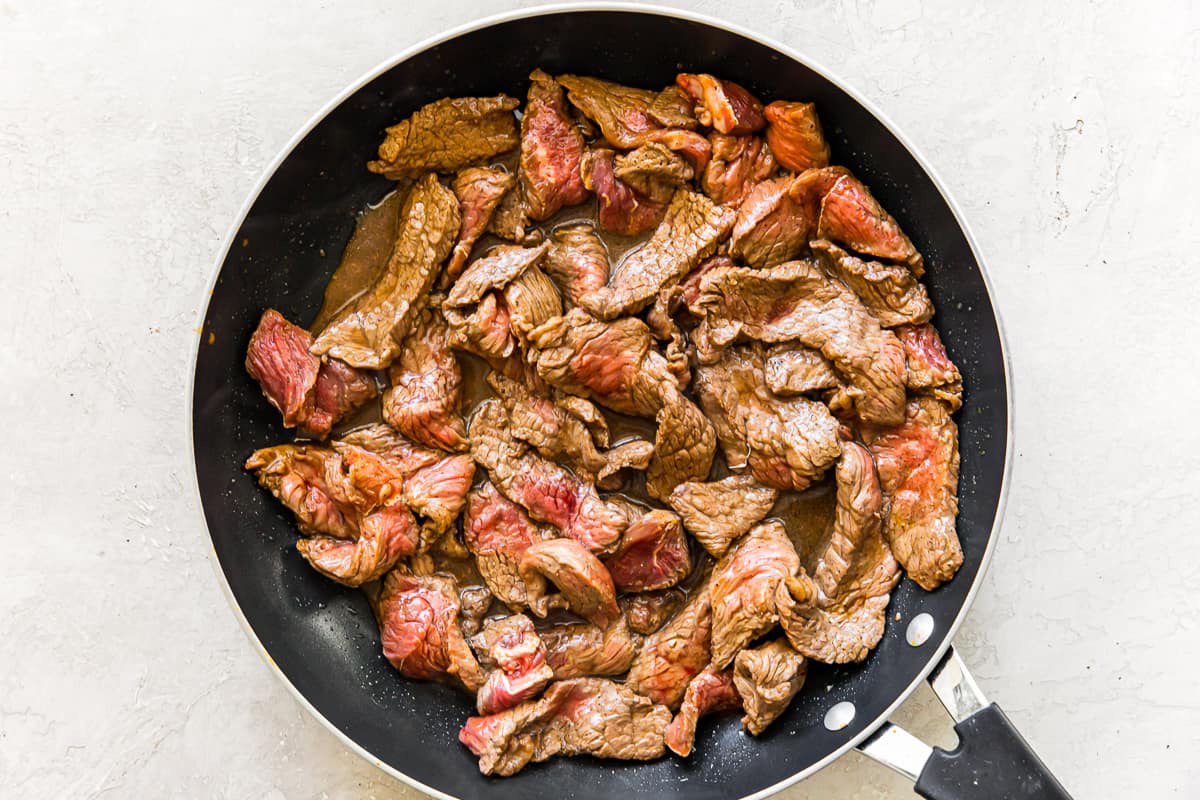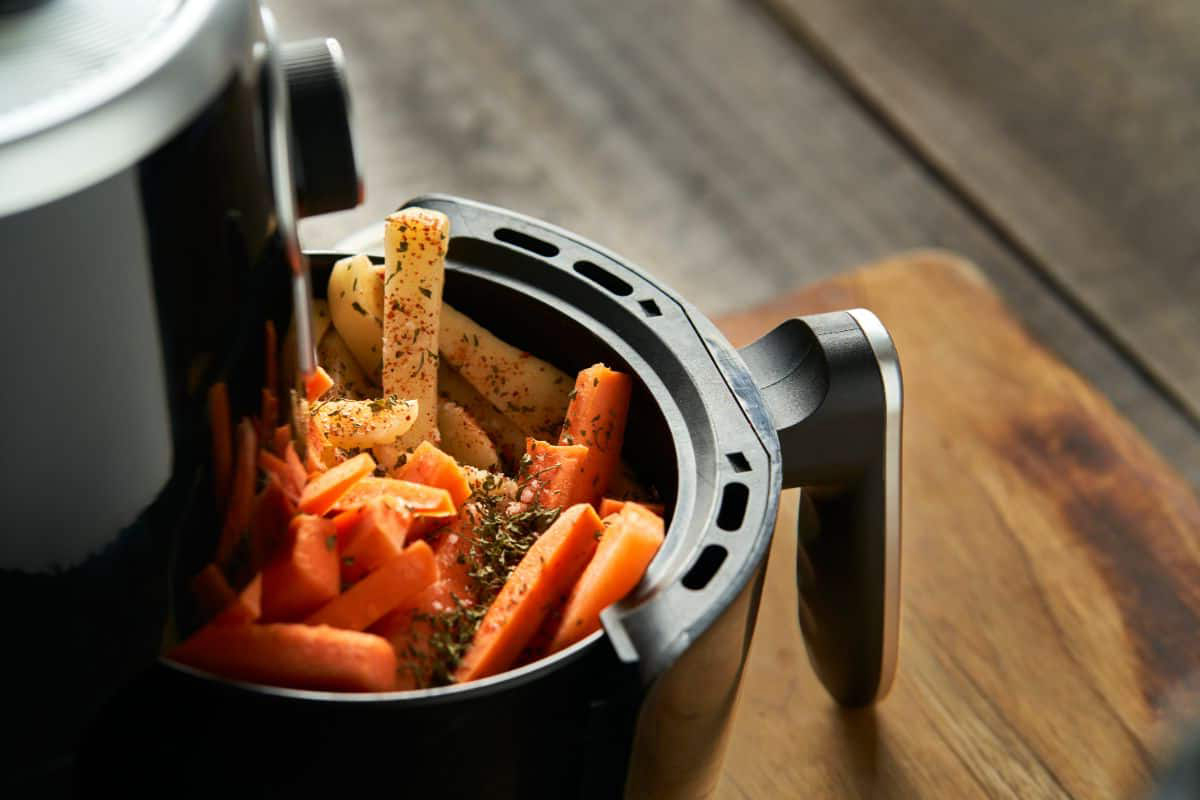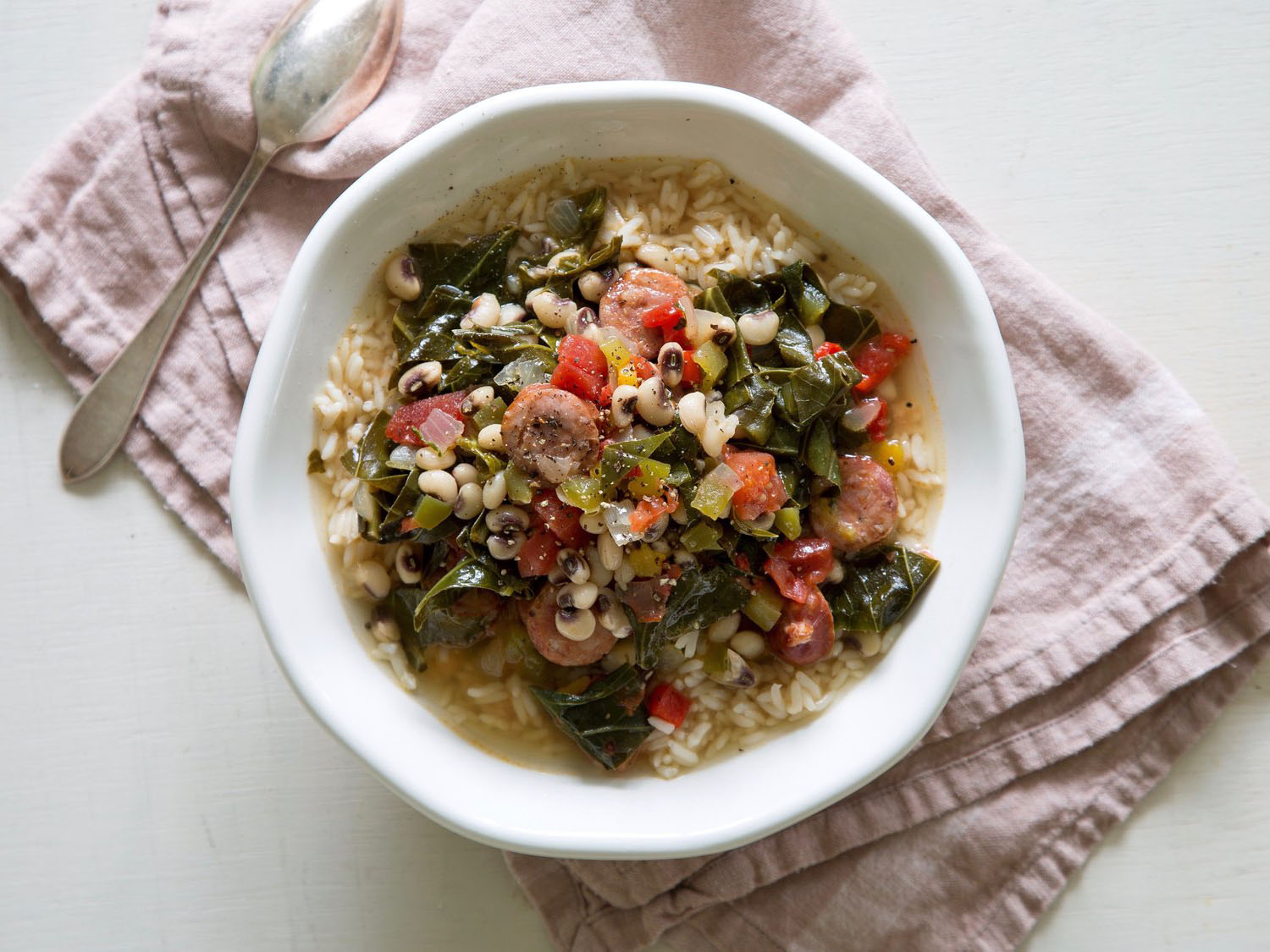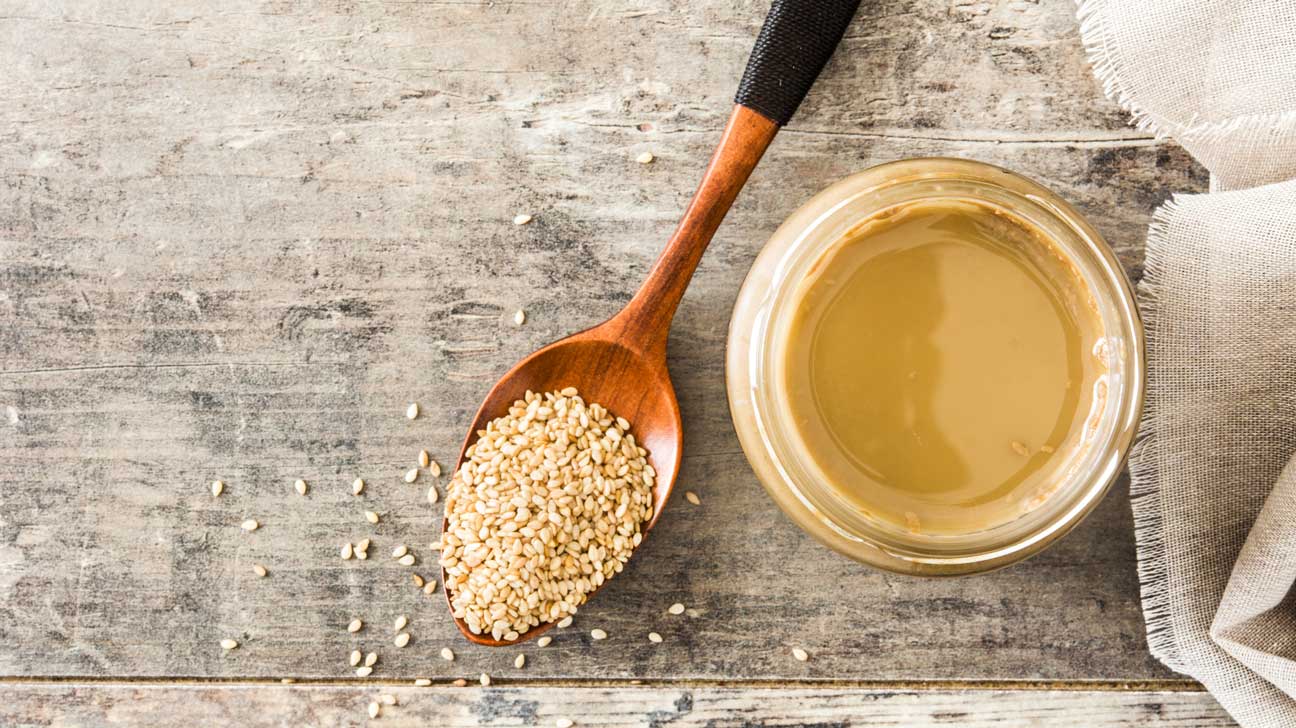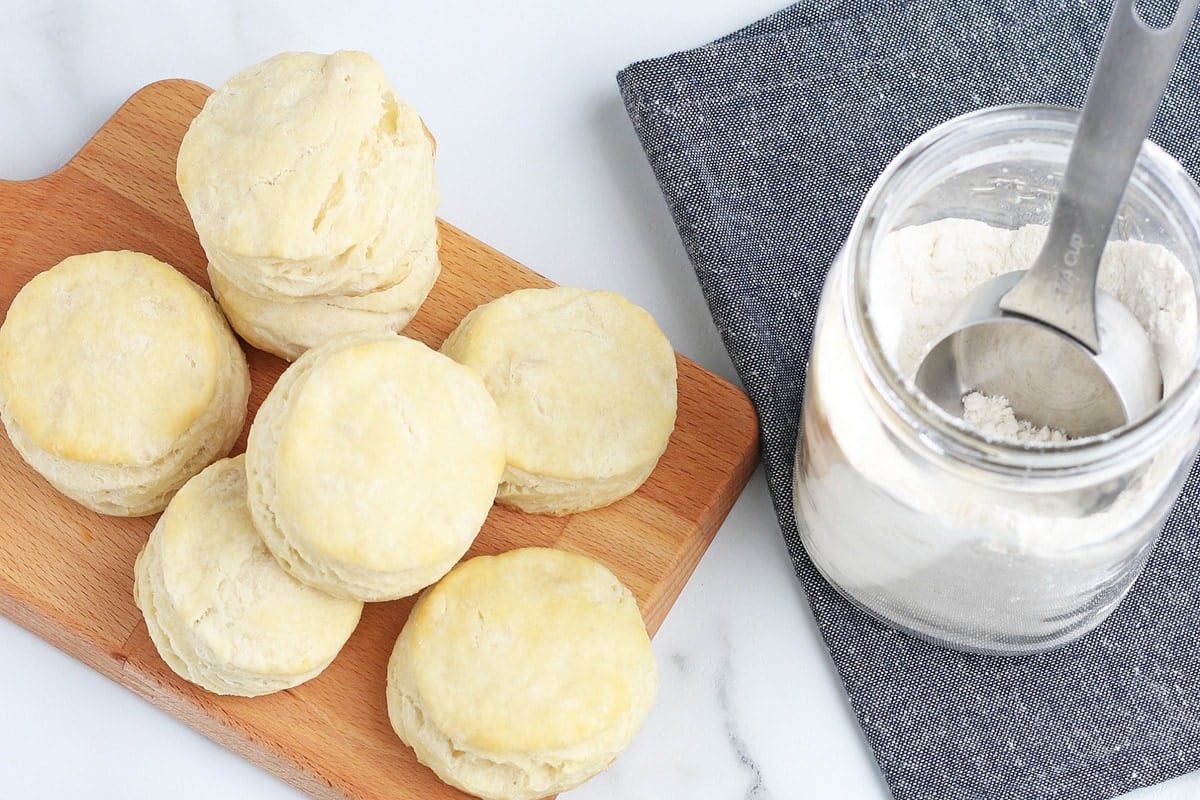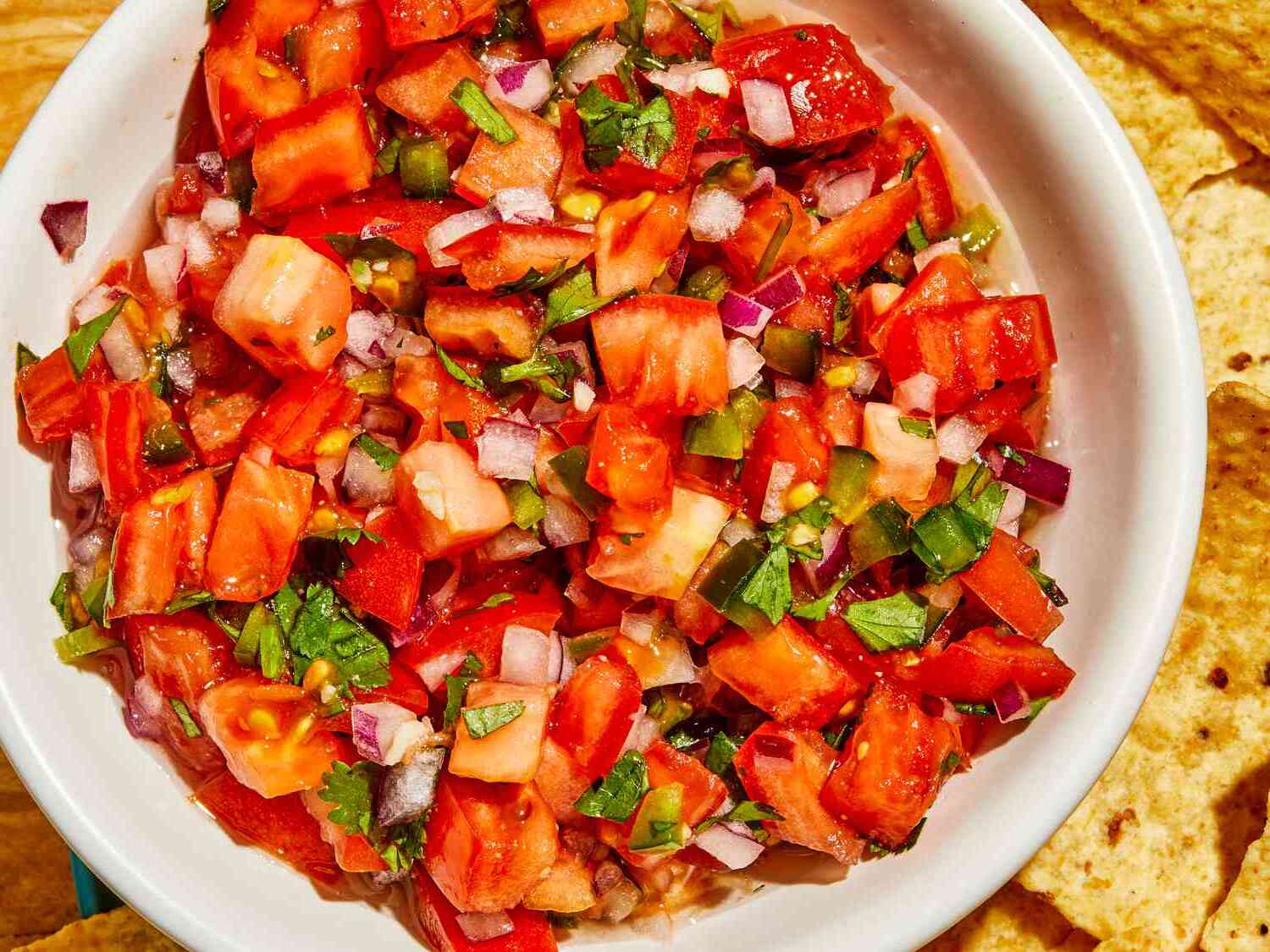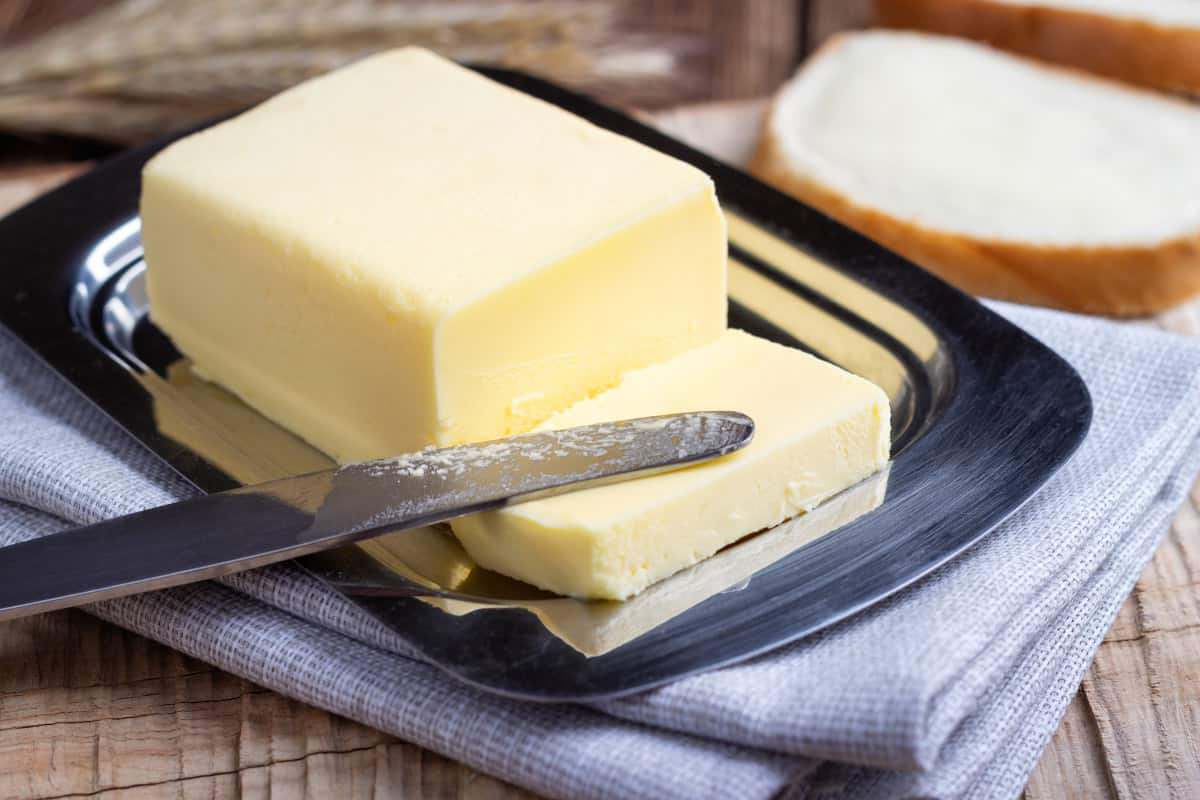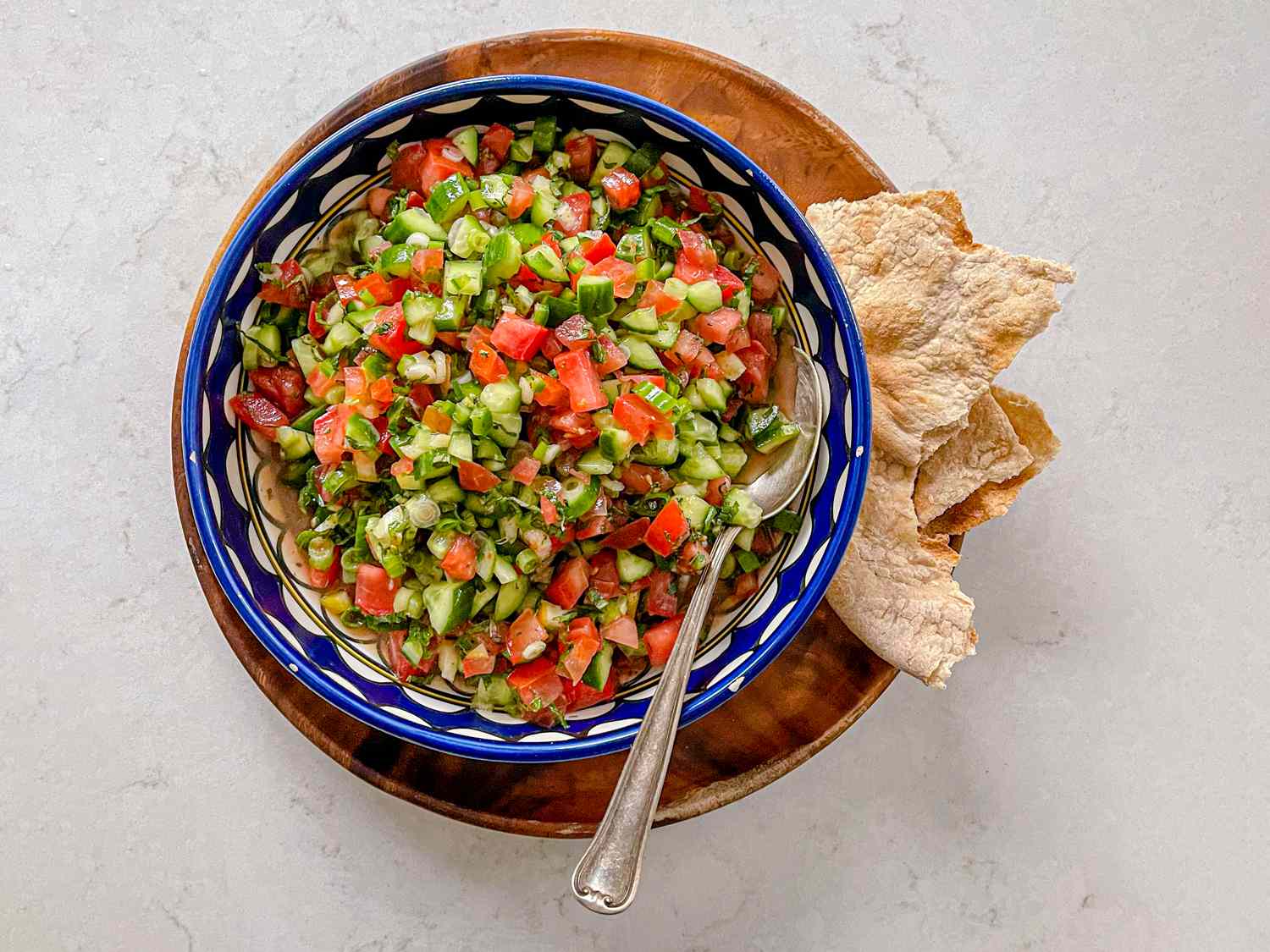Understanding Farro’s Nutrition
Farro is an ancient grain that has been gaining popularity in recent years due to its nutty flavor and impressive nutritional profile. This versatile grain is not only delicious but also packed with essential nutrients that can benefit your overall health. Let’s take a closer look at the nutrition of farro and why it’s a great addition to your diet.
Macronutrients in Farro
Farro is a great source of macronutrients, including carbohydrates, protein, and fiber. A one-cup serving of cooked farro contains approximately:
- Carbohydrates: 34 grams
- Protein: 8 grams
- Fiber: 8 grams
These macronutrients play a crucial role in providing energy, supporting muscle growth and repair, and promoting digestive health.
Rich in Micronutrients
In addition to macronutrients, farro is also packed with essential micronutrients, including iron, magnesium, and vitamin B3. These nutrients are important for various bodily functions, such as oxygen transport, bone health, and energy metabolism.
A one-cup serving of farro provides approximately:
- Iron: 2.5 milligrams
- Magnesium: 68 milligrams
- Vitamin B3 (Niacin): 2.5 milligrams
These micronutrients are essential for overall well-being and can help prevent deficiencies when included as part of a balanced diet.
Health Benefits of Farro
Due to its impressive nutritional profile, farro offers several health benefits, including:
- Heart Health: The fiber and magnesium in farro can support heart health by helping to lower cholesterol levels and regulate blood pressure.
- Digestive Health: The fiber content of farro promotes healthy digestion and can help prevent constipation.
- Weight Management: The combination of protein and fiber in farro can help keep you feeling full and satisfied, making it a great addition to a weight management plan.
- Stable Energy Levels: The complex carbohydrates in farro provide a steady source of energy, making it a great option for sustained energy throughout the day.
How to Enjoy Farro
Farro can be enjoyed in a variety of ways, including in salads, soups, and side dishes. Its nutty flavor and chewy texture make it a versatile ingredient that can elevate any dish. Consider trying farro in the following ways:
- Farro Salad: Toss cooked farro with fresh vegetables, herbs, and a simple vinaigrette for a refreshing and nutritious salad.
- Farro Risotto: Use farro in place of rice to create a creamy and satisfying risotto dish.
- Farro Soup: Add farro to your favorite soup recipe for added texture and nutrition.
With its nutritional benefits and delicious taste, farro is a wonderful addition to any diet. Whether you’re looking to boost your nutrient intake or simply add more variety to your meals, farro is a grain worth exploring.
Next time you’re planning your meals, consider incorporating farro for a nutritious and satisfying addition to your plate.
Remember, always consult with a healthcare professional or a registered dietitian before making significant changes to your diet, especially if you have any underlying health conditions or dietary restrictions.
Was this page helpful?
Read Next: What Is French Vanilla Flavoring

